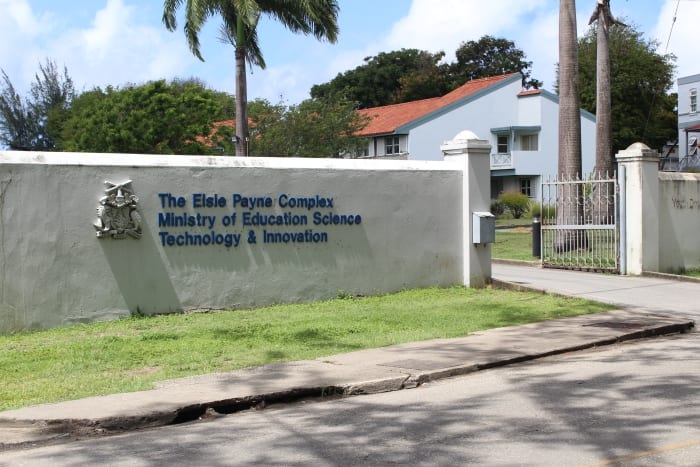Barbados Education Reform: The Need for an Independent, Non-Partisan Advisory Board

September 20, 2023
Discover the latest chapter of education reform in Barbados as the Ministry of Education plans significant changes to the secondary school entrance system. Consider the benefits of establishing an independent, non-partisan education advisory board for long-term, evidence-based decision-making.
As the new school year begins, public attention turns to the state of education in Barbados and the latest chapter of change. In this moment of the long cycle of progress and periodic reform efforts, the Ministry of Education is preparing to reveal its plan for the most significant changes to the secondary school entrance system in generations.
This move to change, long promised by the administration, is not novel in the great history of transformation in a society recovering from slavery and colonialism. From its church-led beginnings to the present government-administered system, education policy has evolved to expand access and improve quality. The current reform agenda aims to equip Barbadian students with 21st-century skills. We think that achieving this requires expertise and continuity that extends beyond election cycles.
As Barbados embarks on another wave of education reform aimed at empowering students and improving outcomes, establishing a non-partisan education advisory board to guide these efforts would serve the country well.
An independent, non-partisan advisory board – a permanent commission appointed by the President, no less important than the royal commissions of the past – would provide invaluable guidance as reform policies are developed and implemented. Comprised of educators, academics, business leaders and other experts, such a board could take the long view and give objective assessments and recommendations. Too often education policies are subject to the agendas of changing political administrations. An advisory board with no partisan affiliations could serve as an anchor for stability and rational decision-making.
Barbados has a tradition of education boards dating back over a century. Indeed, the history of education in Barbados reveals the critical role various commissions, committees, and advisory boards have played in shaping education policy over the centuries. In 1850, the first Education Act was passed and provided for the establishment of an Education Committee, with a part-time Inspector as its Executive Officer. The board lasted for nearly a hundred years: in 1943, the old Education Board lost its executive powers and became an advisory body with the creation of the Department of Education and the appointment of the first Director of Education.
By 1956, the Board of Education was back, reconstituted by an amended Education Act, two years after the first Minister of Education, Luther Thorne, took up office. The board was made up of five constituent committees. But in the post-independence era, councils and committees on curriculum development, the Common Entrance Examination and technical and vocational education have accelerated the development of education – and the consumption of the highest chunk of the national budget.
Reviving an education board in the form of an apolitical body would not merely build on history. While eschewing the twists and turns of party politics, the board could conduct studies, monitor standards and results, consult stakeholders and give frank advice to the ministry. It would complement, not infringe on, the minister’s constitutional authority.
Such a board, composed of experts in curriculum, administration, technology, special education, and other relevant fields, could provide stability and continuity across political administrations. Board members with expertise in key reform areas like curriculum development, teacher training, and school management could offer research-based guidance to ensure new programs and policies are thoughtfully designed and effectively implemented. Their non-partisan status would build public confidence that decisions are made based on the best interests of students, not politics.
An advisory board could also bring diverse community perspectives to balance input from within the Ministry of Education. With representatives from parent groups, the business community, university academics and retired educators with much to contribute, the board could identify concerns, challenges, and opportunities that those inside the system may overlook. This big-picture view would strengthen reform plans.
Let’s stop kidding ourselves – major education changes inevitably take years to bear fruit. An independent advisory board, serving extended terms and unbound by political terms, can maintain focus on long-term goals amidst inevitable political transitions. Furthermore, regular public reports from such a board on reform progress and outcomes, backed by independent research and sound data, would enhance accountability and transparency for both the ministry and the public.
Barbados is right to seek continuous improvement in its education system but it may very well not start or end with secondary school entrance, whether by examination or not. Make no mistake; even Common Entrance, an ambitious enough reform, is simply not all there is to fix about our schools and how our people learn, from preschool to college to trade school to continuous adult education. Reform needs a non-partisan advisory board to steer a steady course towards excellence for all students. Our future prosperity depends on getting education reform right beyond the shroud, shield and limited gene pool imposed by party tribalism.


